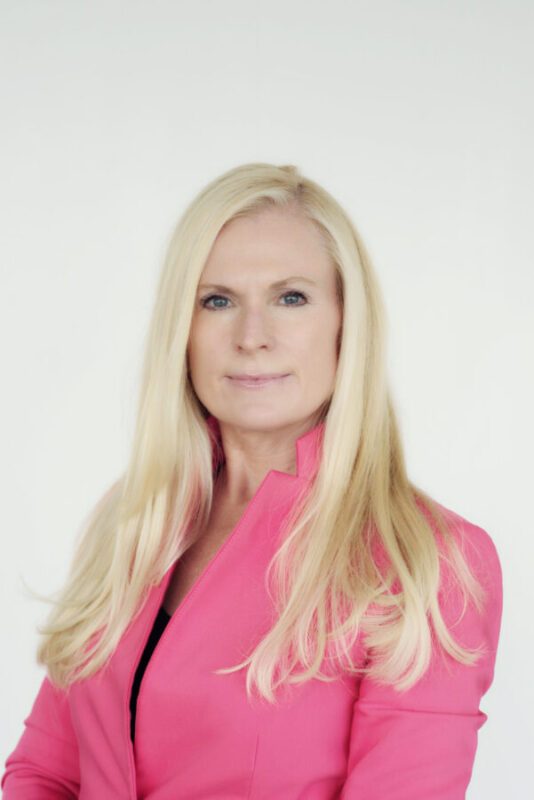If you are being bullied at work, the law is on your side. In Bermuda, all employers are required to have a zero-tolerance policy statement for bullying and sexual harassment, and recourse for employees if this is contravened. Standing up for yourself however, isn’t always that easy.
How can you be sure that you are, in fact, being bullied, or won’t be penalised for making a complaint? How can you pluck up the courage to seek help? And, what are the mental health benefits of seeking that help?
Dr Jennifer Card is an organisational psychologist, executive coach and managing director of C-entre, and Krystle DaPonte is president of the Bermuda Human Resource Association. Together, they explained what you should do if you are being bullied, how to advocate for yourself, and the benefits of a psychological safety culture at work.
If you feel you are being bullied, the first thing you should do, advised Ms DaPonte, is “review your company’s policy.” Typically, this should include procedures to follow and points of contact to reach out to.

Secondly, she suggested “keeping evidence,” such as details of interactions, email exchanges or instant messaging, because, “if you’re going to be filing an official complaint, the person who’s going to be doing the investigating is going to need to be able to get some form of objective information.”
Thirdly, she added, “find somebody to talk to”. That person could be an HR contact, a manager, or, if your company uses it, the Employee Assistance Programme (EAP), which can provide guidance for your situation. “They can help validate if it’s an inappropriate experience or not,” she said.
“In those scenarios, what I would love to see is people give the person who is being bullied the confidence to be able to take things into their own hands and advocate for themselves.”
While she admits that it’s “easier to say than to do”, she even suggests trying to start a conversation with the person who might be bullying you, addressing the situation along the lines of: “Hey, I know you probably don’t mean to come across like this, but this is how I’m receiving the interactions.”

Dr Card agreed: “Being a self-advocate is important because the organisation might not know that the bullying is even taking place.” She also agreed that it’s important to speak to a “trusted third party” to get your emotions and fears out in a safe place. This can also help you get emotional clarity.
Bullying, she reminded us, can be very stressful and such stress can not only impact your ability to work effectively, but it can also manifest itself in the form of sleep disturbances, heightened anxiety, headaches or an inability to concentrate and focus.
“From a mental health perspective, it’s important to speak up for yourself, whatever that context looks like for you, because the flip side is, what the mental health costs are if you don’t.”
The onus however, shouldn’t just be on the employees. Dr Card believes that leaders should promote cultures of psychological safety where “everybody has a sense of freedom to speak up,” adding that it has been proven that where companies create such an environment, teams perform better.
“Leaders in organisations need to be conscious about environments of psychological safety,” she said, “because it comes from the top. It’s more difficult for a bully to act out in an environment where bullying is not tolerated. And, an environment of psychological safety is where those difficult conversations can occur more easily and everyone feels empowered to show up authentically, and speak up. It’s the cornerstone of healthy work environments.”

